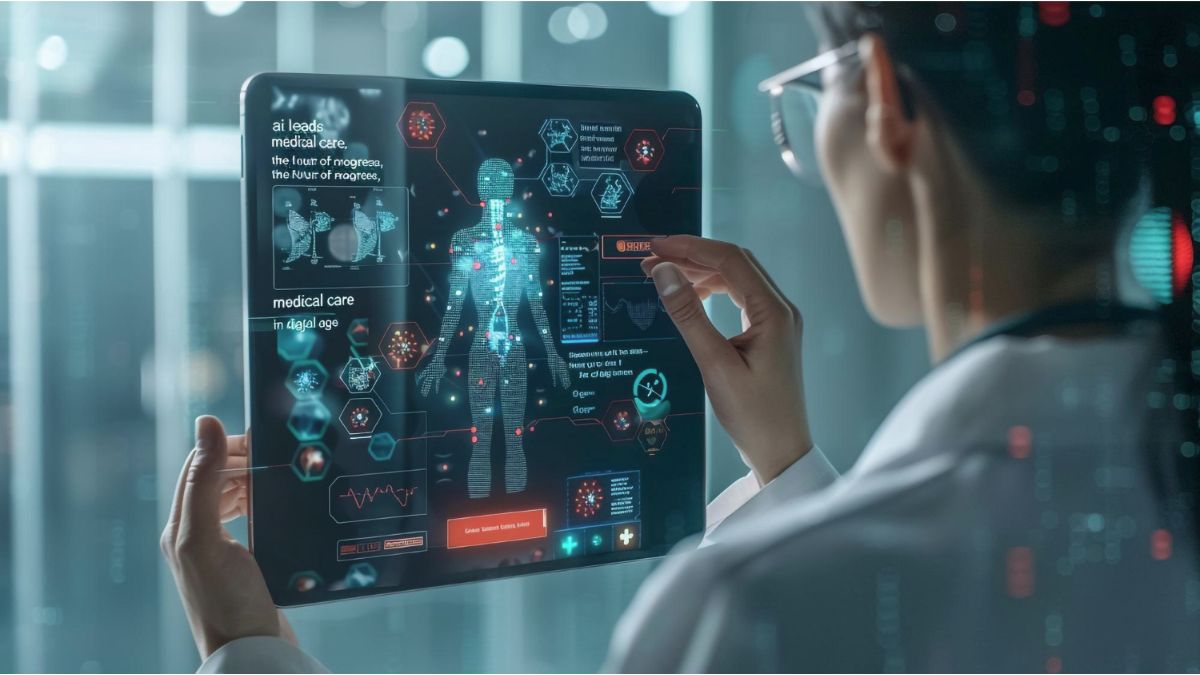
Artificial Intelligence (AI) is revolutionizing the healthcare industry, bringing significant advancements in diagnostics, personalized treatment, and patient care. These technologies are not only improving the accuracy of medical diagnoses but also enhancing the overall efficiency and quality of healthcare services.
One of the most transformative applications of AI in healthcare is in medical diagnostics. AI algorithms can analyze medical images, such as X-rays, MRIs, and CT scans, with remarkable accuracy. For instance, Google's DeepMind developed an AI system that outperforms radiologists in detecting breast cancer from mammograms, as reported in Nature. The system reduces false positives and false negatives, leading to earlier and more accurate diagnoses.
Personalized medicine is another area where AI is making a substantial impact. AI-driven platforms analyze genetic information to tailor treatments to individual patients. IBM Watson Health uses AI to recommend personalized cancer treatments based on genetic profiles and clinical data. This approach increases the effectiveness of treatments and minimizes side effects. According to a report by Accenture, AI applications in healthcare could create $150 billion in annual savings for the U.S. healthcare economy by 2026.
AI is also enhancing patient care through virtual health assistants and remote monitoring. Virtual assistants like Ada Health and Babylon Health use AI to provide medical advice, schedule appointments, and monitor chronic conditions. These tools offer patients continuous support and reduce the burden on healthcare providers. Remote patient monitoring devices, such as those offered by Philips and Medtronic, use AI to track vital signs and alert physicians to potential health issues, enabling proactive interventions.
Furthermore, AI is streamlining administrative tasks in healthcare facilities. Natural language processing (NLP) tools can transcribe medical notes, manage electronic health records (EHRs), and automate billing processes. This reduces administrative burdens and allows healthcare professionals to focus more on patient care.
Despite the numerous benefits, integrating AI in healthcare also presents challenges, such as ensuring data privacy and addressing ethical concerns. Healthcare providers must adhere to strict regulations and implement robust security measures to protect patient information.
AquSag Technologies specializes in delivering AI solutions that enhance healthcare services. Our team has successfully implemented AI-driven diagnostics, personalized treatment plans, and patient care systems, helping healthcare providers improve outcomes and operational efficiency. Contact us today to discuss how we can support your healthcare facility in leveraging AI for better patient care and efficiency.